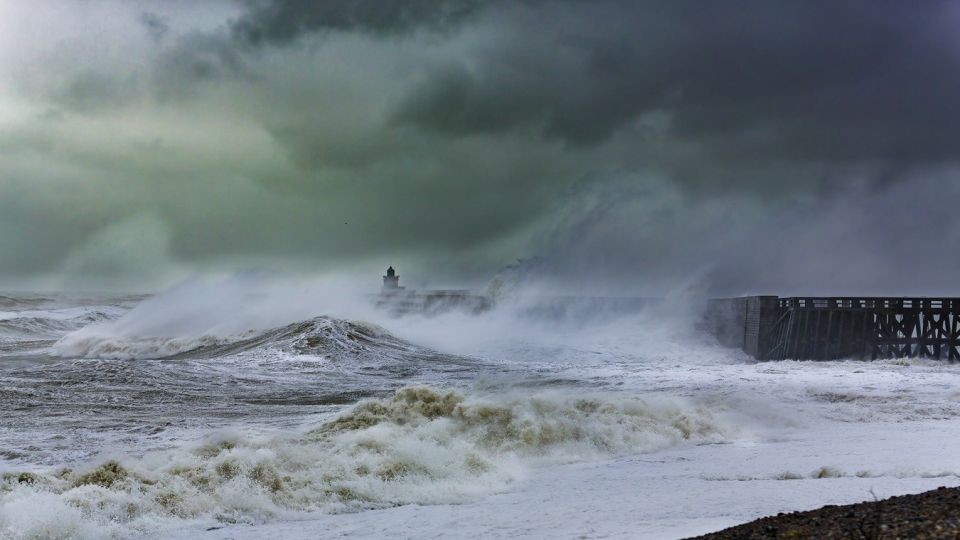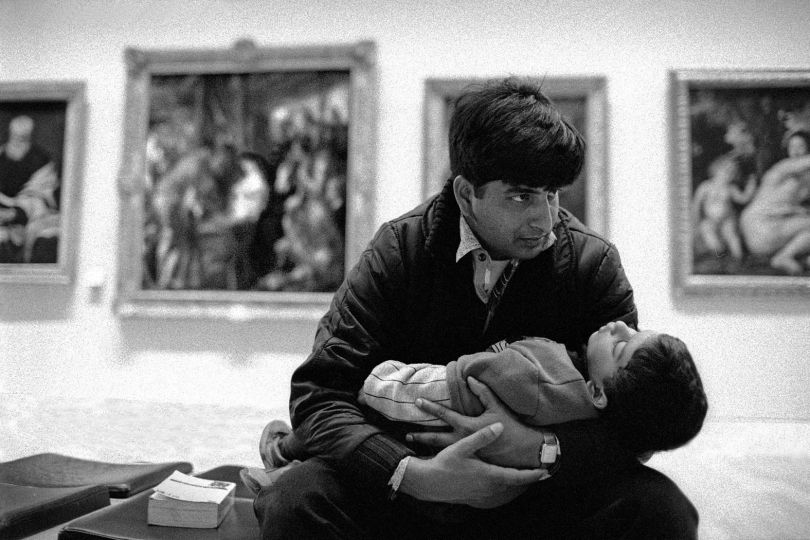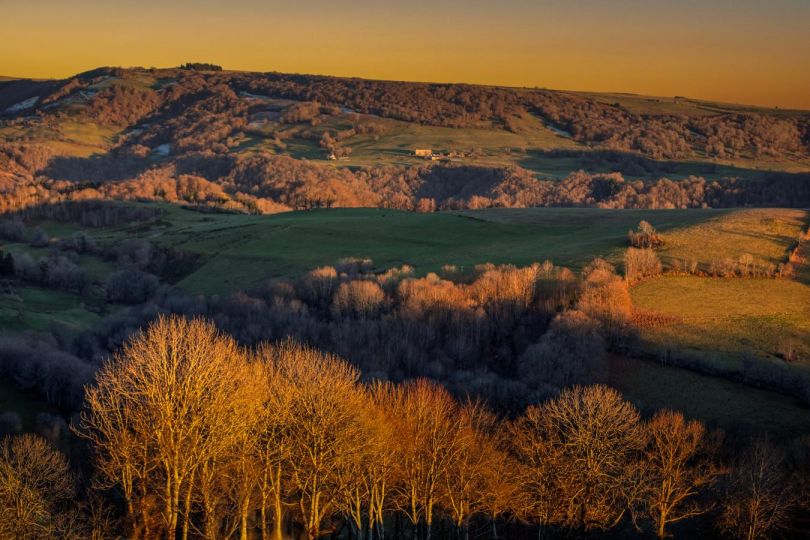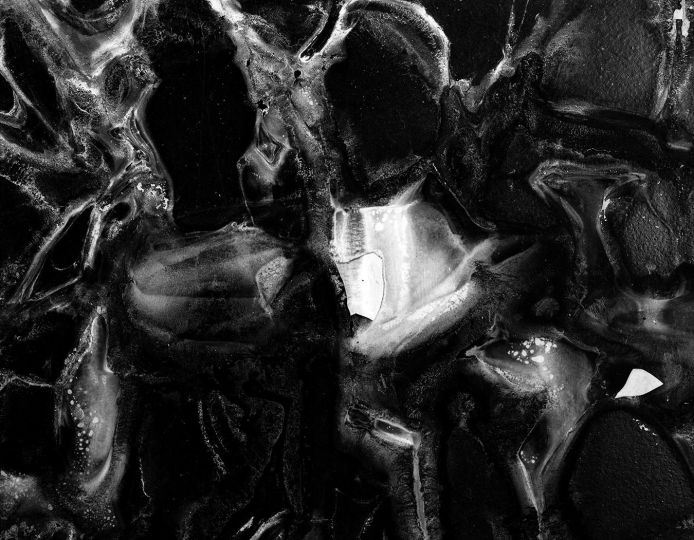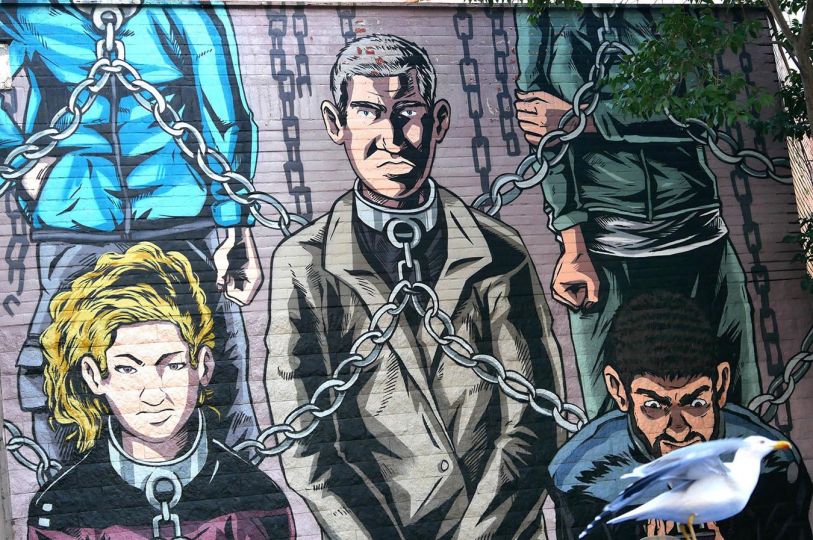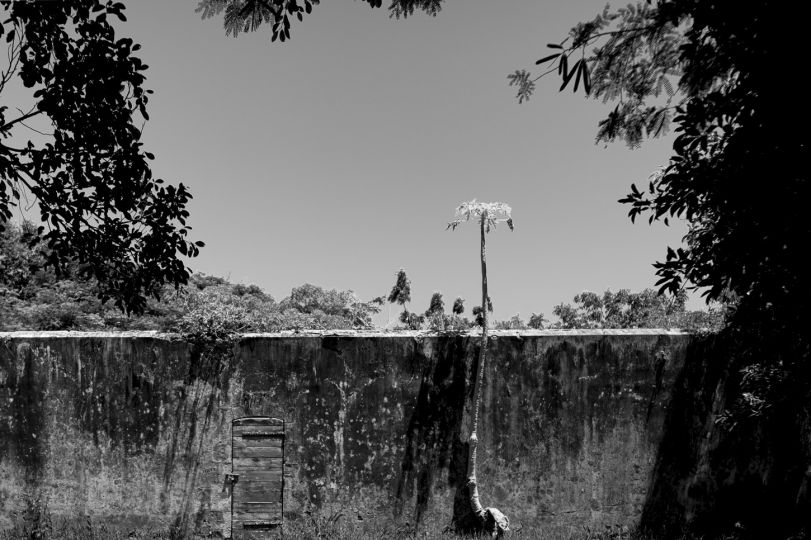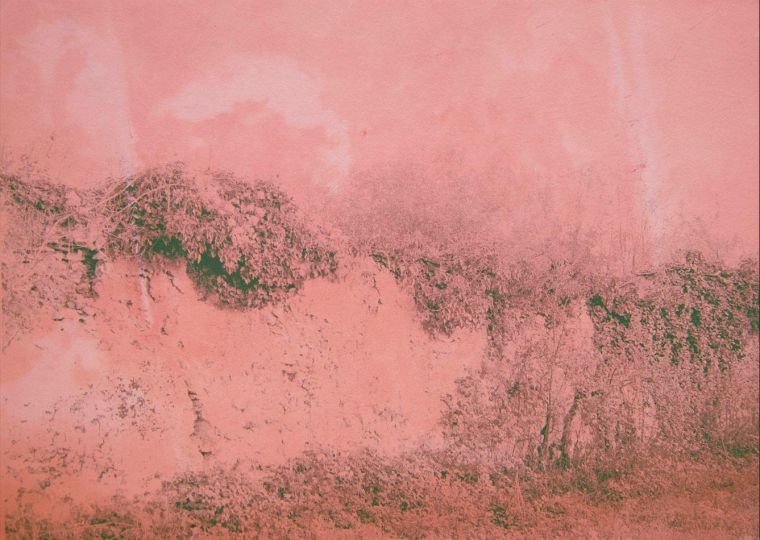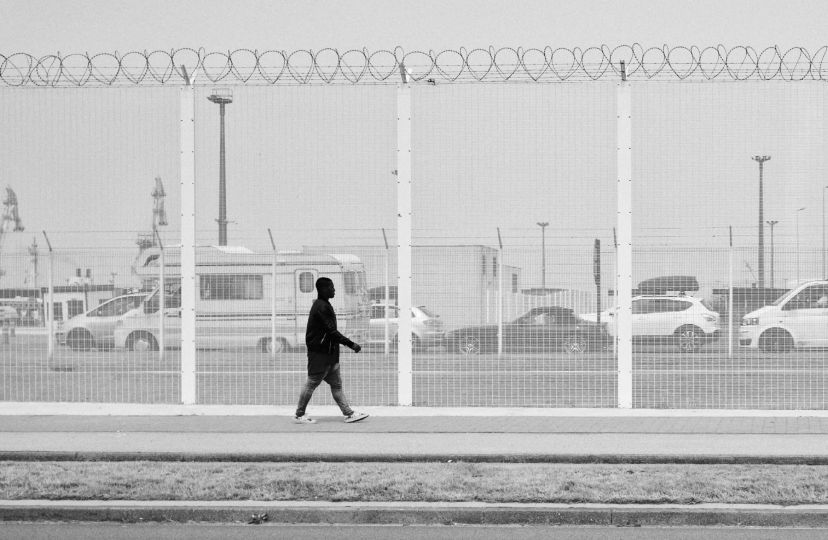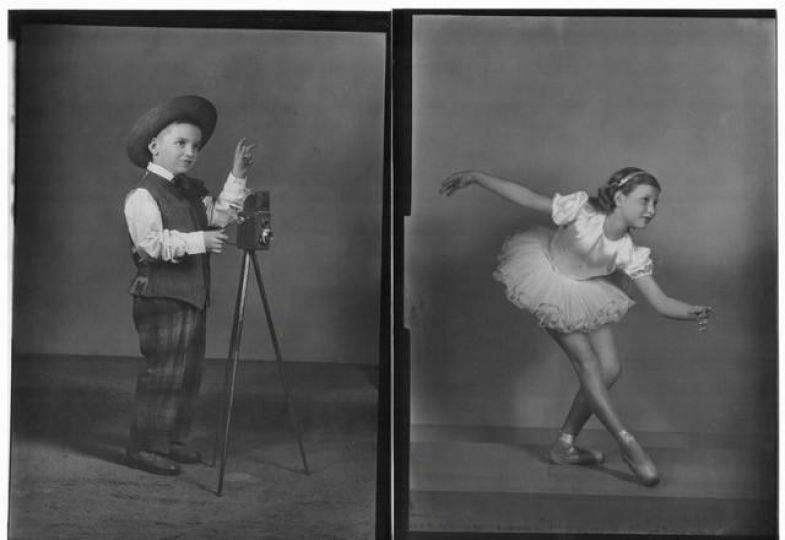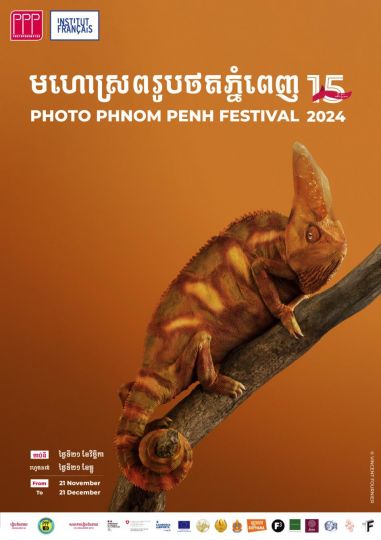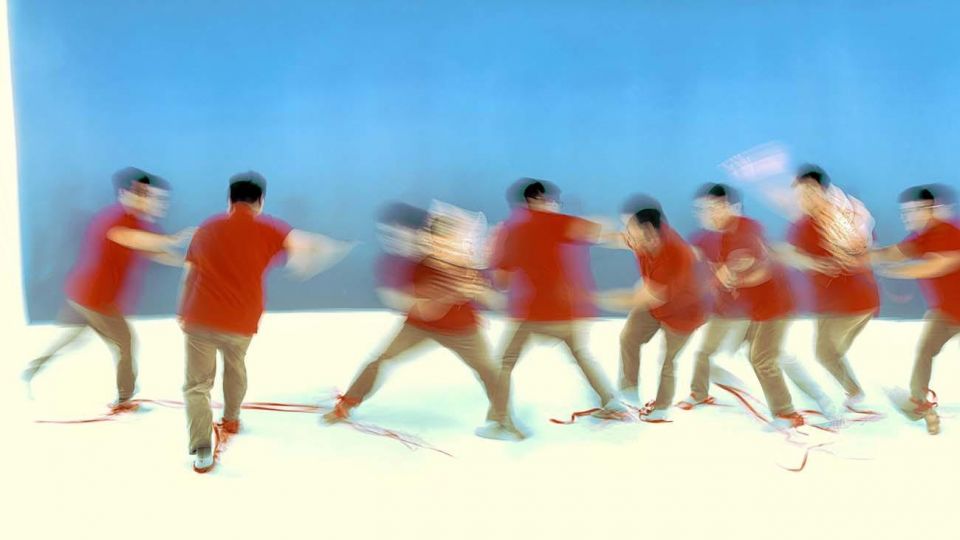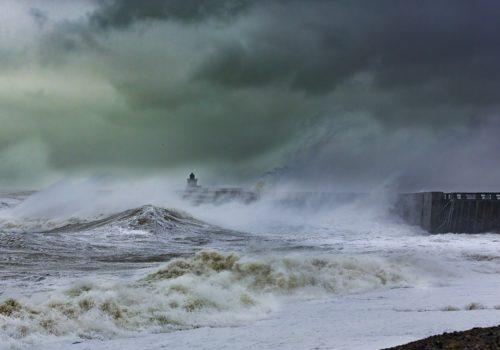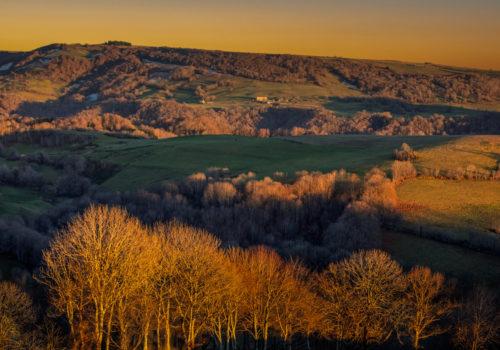«Apprenticeship»
Thierry’s chronicle
For several years I have been questioning, more and more often, after a conversation with young or older photographers. The enthusiasm for this new tool of expression ( that appeared less than two centuries ago) which is now absolute in our modern world. The fact remains that said tool, under its different technical options, requires an essential intellectual mastery. So that my ideas are really very clear do not invoke the “pseudo” artificial intelligence installed inside different cameras or some lighting tools. This binary device does not exist as it stands and it can only offer a virtual transmission belt to the relationship that exists between human intelligence and the working of a tool.
This prerequisite being fixed , we have on one side a tool called photography (this is the paradox of a transient representation fixed by light which can only be restored with light), this tool consists of a set of almost unlimited variations, to achieve a visible result and on the other side a human approach concerned with finding the best solution (s) for obtaining the desired picture.
The essential mastery of photography with as many aspects as possible is essential for the acquisition of memorisation and automatic handling which are inevitable to satisfy the photographer and to see the readers adhere to the work carried out.
To date, the number of methods proposed for acquiring the knowledge necessary for the realisation of a good photograph is limited only by the financial return expected by a multitude of sellers for the so-called knowledge. But what do we really know as the French song says! The schools, correspondence courses, public or private institutes, even hardware or software manufacturers, webinars, seminars, penniless photographers (I will come back to this subject later), workshops and other masterclass, … , and so on and all for the best, all of them take more or less money from you, they teach you more or less seriously, and above all the essential is that they give you a more or less prestigious degree.
During a friendly exchange with the holder of two master’s degrees, of a famous well known school of photography, he told me about his total ignorance on the usefulness of a diaphragm and his disinterest for the focal length of a lens. It then became obvious to me that I had to try to replace, in many minds and at its fair value this training system which has become totally obsolete, I want to share with you my reflection on learning, the real one!
Damn! for doing photography, why learning? Learning for several reasons. We have seen that photography is a very complete and very complex tool which brings its users from a starting point linked to an observation, even to a creation of the mind, to lead to a materialised representation. More, photography is no exception to a double rule, just like painting, music, sculpture, etc.. First, the technologies used drive you from a starting point to a work that can be showed to everyone. The second point, as with the other techniques mentioned above, these technologies step in for all conceptual hierarchical levels from an identity photo, or a catalogue illustration, to the most sophisticated works of art.
The true photographer is one who will master the widest spectrum as possible of potential technological capabilities and who will ensure the integrity of his work from the point of departure until the final photograph in his hands or in front of his eyes.
The complex and interactive set of this knowledge can only be acquired through the intimate link between the effective evolutionary technologies and a strict permanent practice in a personalised professional environment. Unless you are an exceptional autodidact, learning is essential for obtaining undeniable know-how.
Last but not least, in reality I am talking about apprenticeships. There is no universal learning because all are as different as the number of learning masters (I am talking about real photographers of course).
The knowledge and subtleties of the know-how will come, more or less, depending on the skill of the master and the intellectual homogeneity of his potential assistants. Into the best situation, all the precious technical “tricks” will fall easily into your personal photographic baggage. But, even more important, without any attention, the apprentice immerses himself in the thousand and more intellectual and behavioural subtleties of his Master of photographic Art (in the technical sense it is clear without saying). It is not a question of becoming a clone, it is just a question of enriching oneself to continue the way. This road to explore also includes why the real Masters let you frolic “seriously” in their workspace.
I suggest that you could better understand and appreciate the great difference between receiving training and doing an apprenticeship.
April 28, 2020
comments


